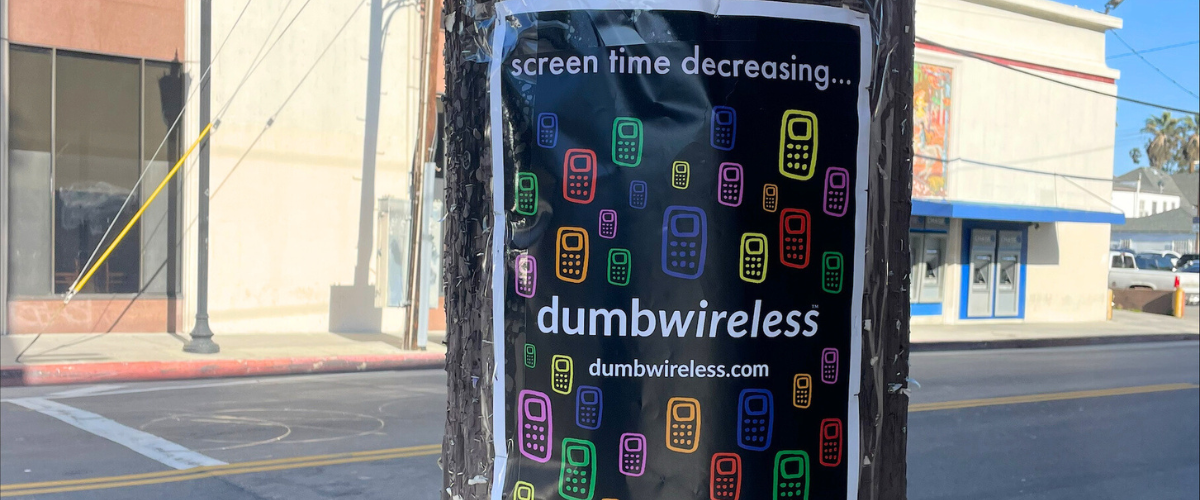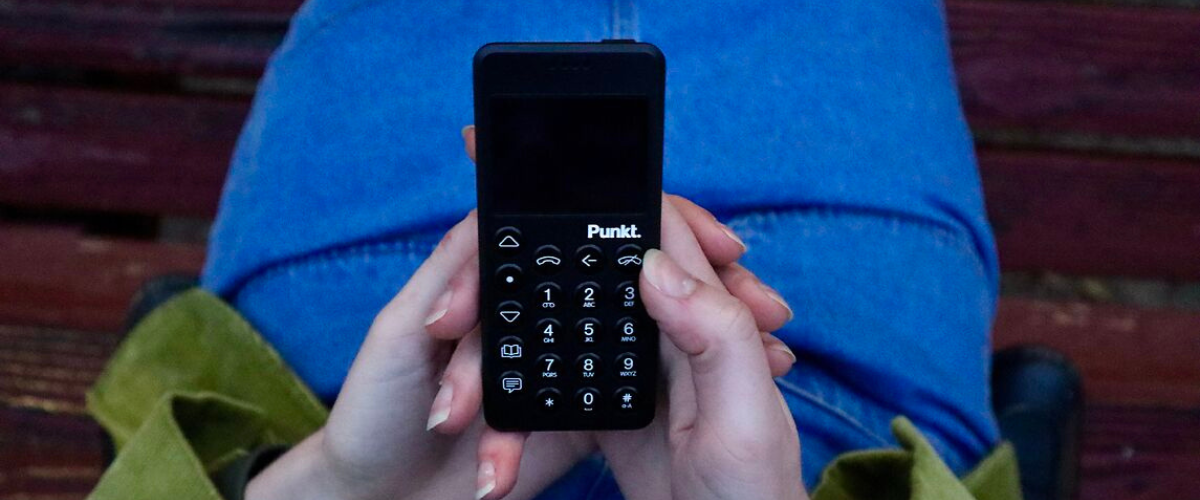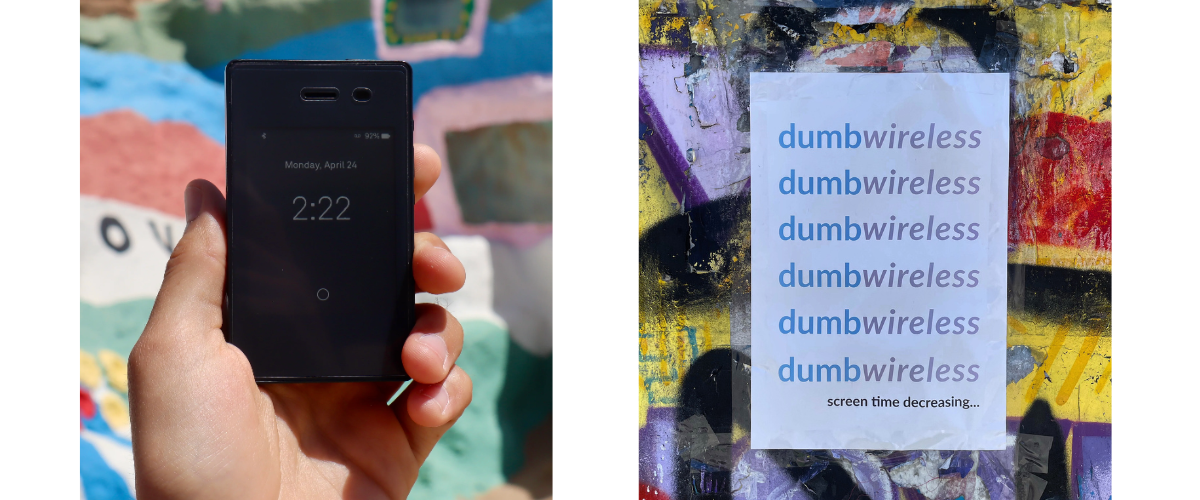
In a world dominated by smartphones and constant connectivity, the team at Dumb Wireless is challenging the status quo. Co-founders William Stults and Daisy Krigbaum believe that excessive smartphone usage is not just a matter of convenience, but can have detrimental effects on our attention spans, productivity, and overall well-being.
Their mission is simple: to promote a healthier relationship with technology.
Recognizing the alignment in philosophy with Freewrite, Dumb Wireless now carries Traveler, offering another great tool for their customers to help foster focus and creativity in a sea of digital distractions.
We recently had the opportunity to chat with Will, who shared insights into the company's mission, challenges, and the importance of unplugging from the digital world.

Are Smartphones Making Us Dumb?
While the long-term effects of smartphone usage remain to be seen, Will pointed out the undeniable impact smartphones are having on our attention spans and the way we engage with the world.
The ubiquity of algorithms guiding our choices and behaviors is altering our living patterns, both in obvious ways — like how we shop and consume media — to more insidious ways — like how we perceive reality itself.
So what are the actual benefits of going "dumb"? According to Will, it's about reclaiming control over one's attention and time. By eliminating the constant barrage of distractions inherent in smartphones, people can foster mindfulness and presence, and increase productivity.
Dumb Wireless To The Rescue
Will and Daisy both struggled with obscene screen times and hours lost to scrolling. But when they made the decision to live more purposefully, first by transitioning away from smartphones, they realized that there wasn't a lot of information or many resources out there for individuals seeking alternatives.
Dumb Wireless was born as a one-stop-shop for non-smartphones and other technology designed to reduce screen time. Catering to those who yearn for a less distracted lifestyle, Dumb Wireless offers some of the best simple cell phones on the market, like The Light Phone 2, and other distraction-free tech, like Freewrite.
There are also options for people reluctant to part ways with their smartphones entirely. While the most straightforward is, of course, to get rid of your smartphone and get a "dumb" phone, another option is to put a data cap on your phone plan so that your smartphone usage is limited.

Will says Dumb Wireless receives a diverse range of reactions from customers who first see their "dumb" phones. Interestingly, younger generations, despite being digital natives, often exhibit more openness to the idea of reducing smartphone usage compared to older demographics. Teens, however, pose a unique challenge, as they're usually resistant to relinquishing their smartphones, viewing them as essential to social connection and identity.
But Will is optimistic. He says they're seeing a growing awareness of smartphone addiction and the potential for positive change. By providing accessible alternatives and advocating for mindful technology usage, Dumb Wireless aims to inspire people to prioritize presence over distraction and reclaim the lost art of being truly present in the moment.
Embracing Purposeful Tech
At the end of the day, Will and Daisy just want to see people evaluate — or re-evaluate — their relationship with technology and embrace whatever option is going to prioritize intentionality, focus, and human connection.
Whether that's through adopting non-smartphone devices or implementing digital detox strategies, the journey toward reclaiming our attention begins with a single step — one that Dumb Wireless is eager to guide us through.
And here at Freewrite, we're thrilled to know there are other companies out there that share our commitment to empowering people to reclaim their time and creativity from the clutches of distractions.
Learn more about Dumb Wireless at dumbwireless.com.




















